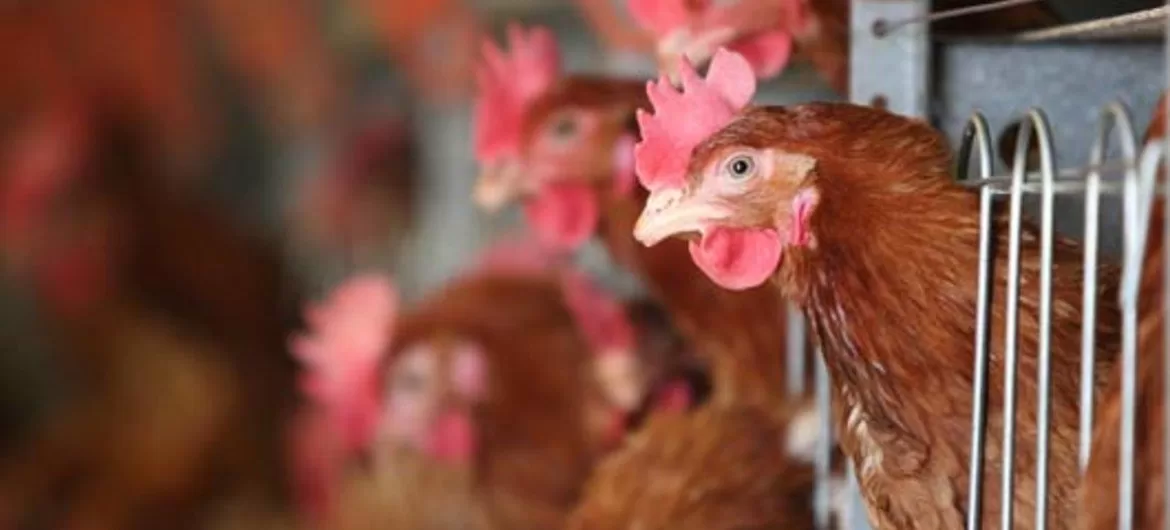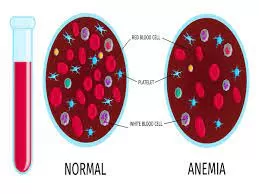A teenager in British Columbia is in critical condition after being diagnosed with Canada’s first presumptive human case of avian influenza. Health authorities are investigating the situation, which has raised concerns about the potential spread of the virus, particularly the H5N1 strain.
The patient, who was previously healthy, is now suffering from rapid disease progression, displaying symptoms such as conjunctivitis and coughing. Provincial health officer Dr. Bonnie Henry confirmed the case and stated that the teenager had no direct contact with farms or poultry but had been exposed to domestic animals.
Officials suspect the strain involved is H5N1, a highly pathogenic virus that primarily affects birds. Although the World Health Organization (WHO) has classified H5N1 as having a low risk of transmission to humans, the virus has been increasingly detected in animals, including in U.S. cattle, raising further concerns.
As of now, there is no evidence of human-to-human transmission of H5N1, but public health authorities are monitoring the situation closely. Several individuals who had contact with the teenager are being tested as a precaution. The Centers for Disease Control and Prevention (CDC) in the U.S. has also recommended testing for farm workers who have been exposed to affected animals.
While the risk to the general public remains low, health officials are urging vigilance and reminding people to practice good hygiene when handling animals. Avian influenza is primarily a disease of birds, but occasional spillover to humans can occur, especially in areas with high concentrations of infected animals.
Public health agencies are continuing to investigate the source of the infection and will keep the public informed of any new developments. In the meantime, officials are urging residents to report any unusual symptoms after exposure to birds or animals to ensure early detection and response.
This case marks a significant moment in the ongoing monitoring of avian flu, as authorities work to prevent a larger outbreak while managing this rare occurrence of human infection.











